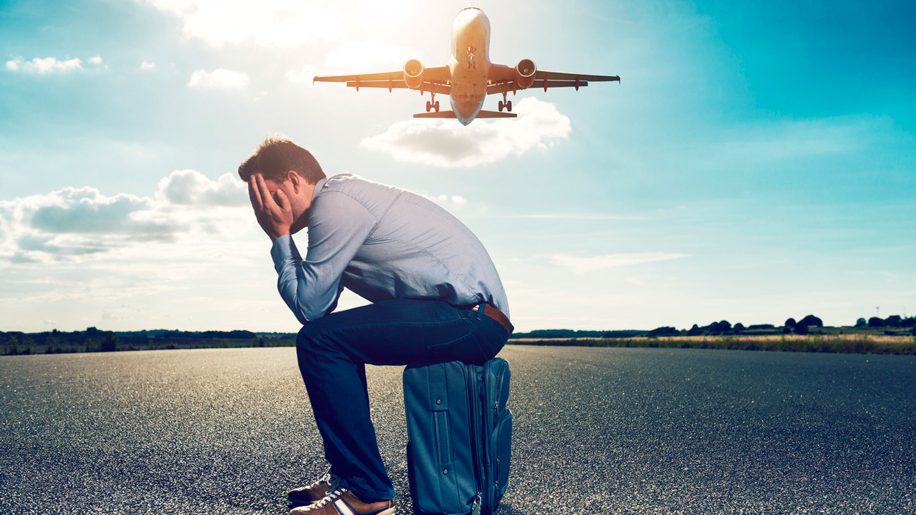The Department for Transport has unveiled plans to “bolster airline passenger protections and rights”, in a move which it says has in part been made possible by the UK’s departure from the EU.
Proposals include the creation of what it says will be a fairer compensation model for delayed domestic UK flights, based on that currently available to rail and ferry customers.
The DfT said that this would see a shift away from the current “set rate” model, in favour of passengers being able to claim compensation based on the length of the flight delay, and linked to to the cost of travel.
Customers would receive a 25 per cent refund for delays of more than one hour, rising to 50 per cent for delays of over two hours, and a full refund for delays of over three hours.
Current EU261 rules – which the UK still adheres to post-Brexit – allow for set compensation rates of between €250 and €600 (depending on flight length) for delays of three hours or more.
The government is also considering requiring all airlines to be be part of the currently voluntary aviation Alternative Dispute Resolution (ADR) scheme, “which would give consumers a route for escalating certain complaints that cannot be settled between the consumer and airline without needing to go to court”.
The proposals also include increased powers for the UK’s Civil Aviation Authority (CAA), for example enabling them to fine airlines directly for breaches of consumer protection laws.
There are also plans to change compensation rules for wheelchair users and those with reduced mobility, forcing airlines to pay out in full for any damage caused to wheelchairs or mobility scooters during UK domestic flights.
Readers can have their say on the proposals here, with the consultation running until March 27, 2022.
Commenting on the plans Transport Secretary Grant Shapps said:
“People deserve a service that puts passengers first when things go wrong, so today I’ve launched proposals that aim to bolster airline consumer protections and rights.
“We’re making the most of our Brexit dividend with our new freedoms outside of the EU and this review will help build a trustworthy, reputable sector.”
Meanwhile Richard Moriarty, Chief Executive at the UK CAA, said:
“We welcome the action from the government to improve the rights of air passengers. This consultation is a clear indication of the need to enhance our enforcement powers and bring us in line with other regulators.
“The proposals will improve passenger rights and equip the Civil Aviation Authority with the appropriate tools to act swiftly and effectively for the benefit of consumers.
“The ADR scheme has helped thousands of consumers seek redress from their airline or airport and we welcome the proposal to bring more airlines onto the scheme.”
And Caroline Stickland, Chief Operating Officer at Transport for All, said:
“Having your wheelchair or mobility aid lost or damaged by an airline doesn’t just put a damper on a holiday. It can mean a total loss of independence and mobility.
“Much more needs to be done to safeguard against this, including fair recourse to compensation for disabled passengers.
“We welcome these proposals and hope they mark the start of further positive changes in this area so that disabled people, whatever their access requirements, can travel with security and confidence when using airlines.”


